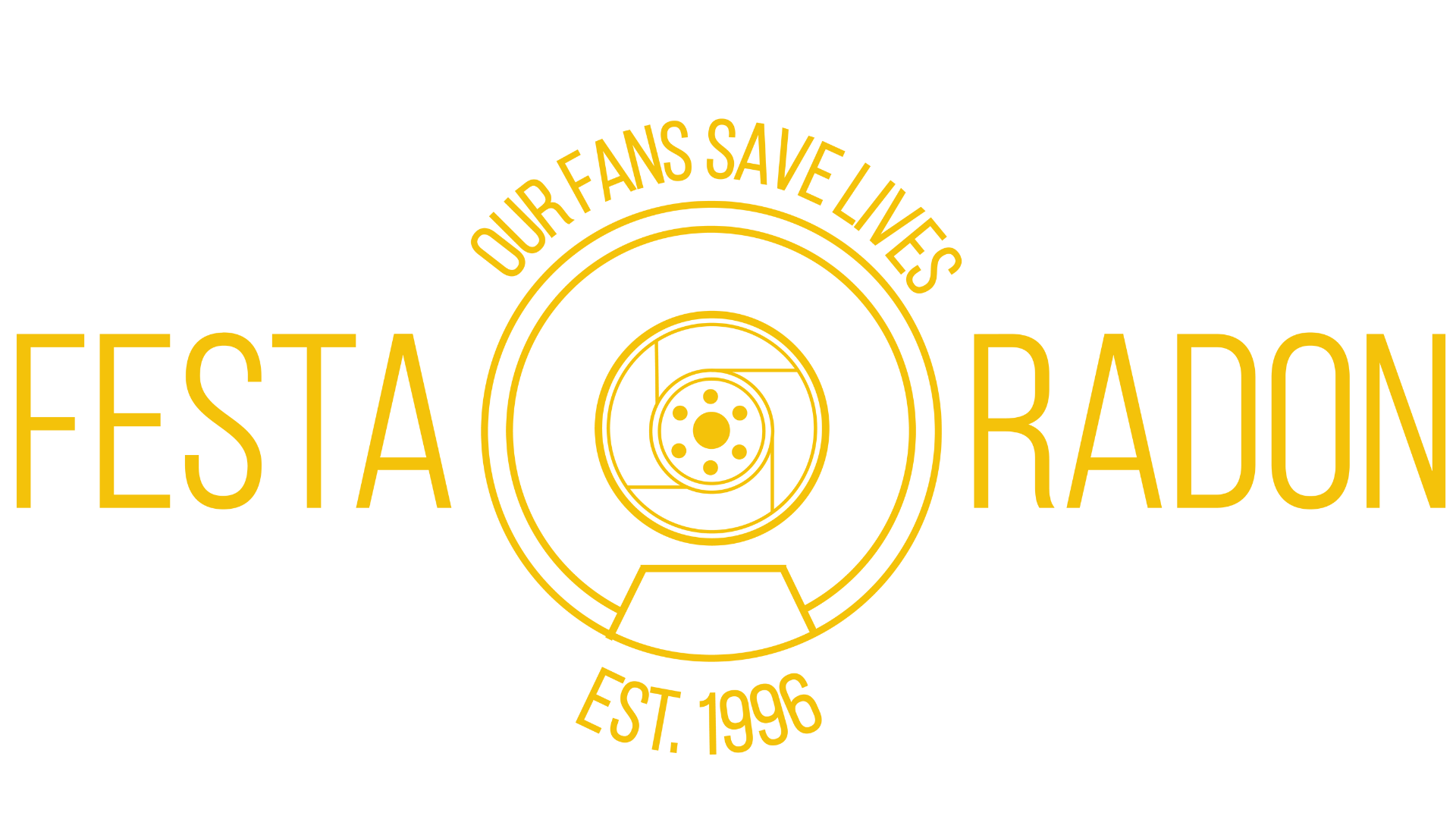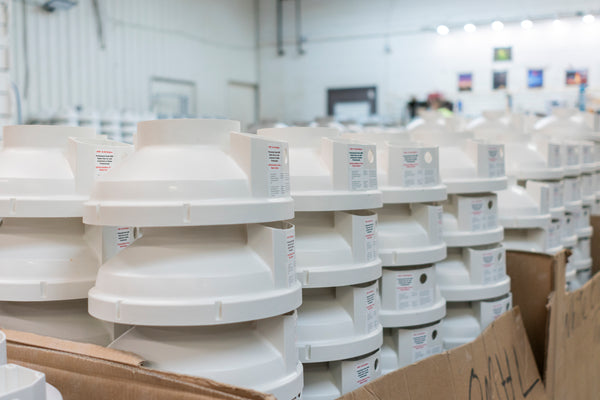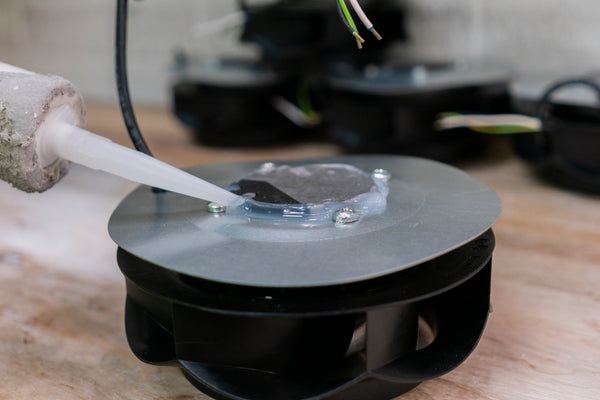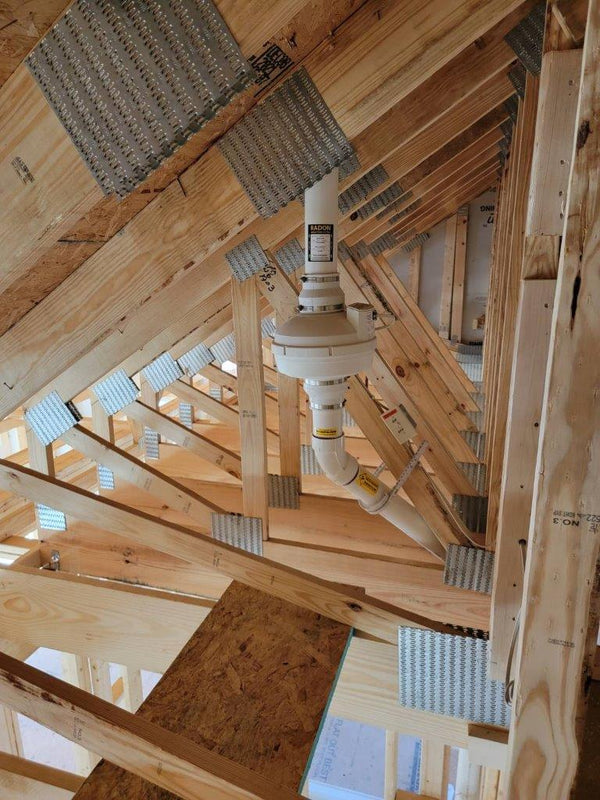
Relocating? How to Find Certified Radon Testing Professionals
Relocating to a new home comes with many responsibilities. Among these is ensuring the safety of your new living environment. One crucial but often overlooked step is testing for radon. Radon is a naturally occurring gas that can accumulate in homes and cause serious health risks, including lung cancer. Certified radon testing professionals can help identify and address radon levels in your home. This article will guide you on how to find qualified experts and why their expertise matters.
Understanding Radon and Its Risks
Radon is an odorless, colorless gas produced by the decay of uranium in soil, rock, and water. It enters homes through cracks in the foundation, walls, or floors. Long-term exposure to high levels of radon is the second leading cause of lung cancer, making it essential to test and mitigate radon levels in your home. A certified radon testing professional ensures accurate detection and guides reducing exposure.
Why Professional Radon Testing is Necessary
While DIY radon test kits are available, they often lack the accuracy and reliability of professional testing. Certified professionals use advanced equipment to detect radon levels accurately. They are also trained to interpret results and recommend appropriate actions if levels exceed safety thresholds. Professional testing eliminates guesswork, providing peace of mind for homeowners.
Certifications to Look For in Radon Testing Professionals
When hiring a radon testing professional, ensure they hold proper certifications. The National Radon Proficiency Program (NRPP) and the National Radon Safety Board (NRSB) are two recognized certifying organizations in the United States. These certifications indicate that the professional has undergone rigorous training and adheres to industry standards.
Where to Find Certified Radon Testing Professionals
Finding certified professionals is easier than you might think. Online directories from organizations such as the NRPP and NRSB provide listings of qualified radon testers in your area. Additionally, local health departments and state environmental agencies often have resources to help you locate professionals. Always verify credentials to ensure the professional is currently certified.
What to Expect During Radon Testing
When a radon testing professional visits your home, they will place specialized equipment in the lowest level of your house, such as the basement. The testing period typically lasts 48 to 96 hours, during which the equipment monitors radon levels continuously. Afterward, the professional will analyze the data and provide a detailed report.
Choosing the Right Professional for Your Needs
Not all radon testing professionals offer the same level of service. Look for someone with experience in residential properties, particularly if your home has unique features such as crawl spaces or multiple levels. Reading customer reviews and asking for references can also help you make an informed choice. A good professional will explain the testing process, answer your questions, and provide clear next steps.
Understanding Costs and Budgeting for Radon Testing
Professional radon testing costs vary based on location, home size, and the testing method used. On average, homeowners can expect to pay between $150 and $300 for professional testing. This investment is worthwhile considering the potential health risks of undetected radon exposure. Discuss pricing upfront and confirm whether the quoted price includes the test report and consultation.

Certified radon testing can be done on a budget.
Radon Testing and Home Inspections
If you’re relocating to a new home, incorporating radon testing into the home inspection process is smart. Many home inspection companies offer radon testing as an add-on service. This approach streamlines the testing process, allowing you to address any radon issues before finalizing your move.
Radon Testing in Pennsylvania
Pennsylvania is one of the states with higher average radon levels due to its geology. If you’re moving to Pennsylvania, prioritizing radon testing is crucial due to the state’s high prevalence of elevated radon levels. While radon testing is a homeowner's responsibility, moving companies in Pennsylvania can help make your relocation seamless by handling the logistics of your move. This lets you focus on essential tasks like ensuring your new home is tested for radon. Protecting your family’s health and safety starts with addressing potential risks in your new living environment.
Steps to Take After Testing
If radon levels in your home are above the Environmental Protection Agency (EPA) action level of 4 picocuries per liter (pCi/L), a certified radon mitigation professional can help. Mitigation strategies include installing ventilation systems, sealing cracks in the foundation, and improving air circulation. A radon testing professional can recommend trusted mitigation experts to address the issue effectively.

Mitigation strategies include installing ventilation systems.
Long-Term Radon Monitoring and Maintenance
Radon levels can fluctuate over time due to changes in weather, home renovations, or natural shifts in the environment. Periodic retesting ensures your home remains safe. Many professionals offer long-term monitoring solutions, including devices that provide continuous radon level readings. Staying proactive about radon testing protects your family’s health for years to come.
Conclusion: Make Radon Safety a Priority
Finding certified radon testing professionals is an essential step when relocating. Their expertise ensures accurate detection and provides the knowledge needed to protect your family’s health. Whether you’re moving to Pennsylvania or another state, incorporating radon testing into your moving checklist offers peace of mind. You create a healthier living environment for yourself and your loved ones by prioritizing safety.
